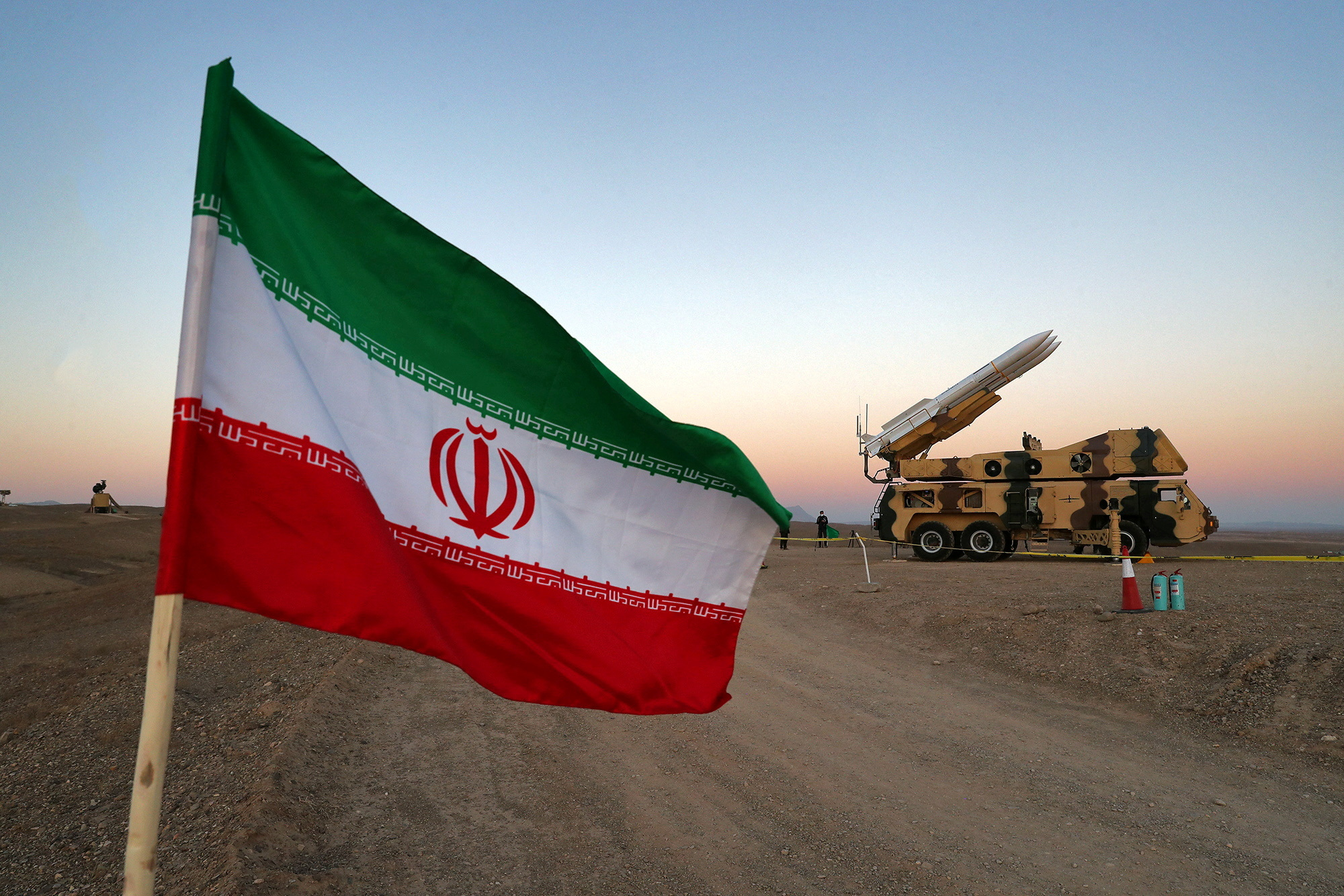
The ongoing conflict between Iran and Israel, also known as the shadow war, has been steadily intensifying over the past decade. After Iran’s recent missile strike on Israel this past weekend, it has approached a dangerous new phase.
On the night of April 13-14, Iran conducted an unprecedented military operation by launching approximately 300 drones, cruise missiles, and ballistic missiles towards Israel. Iran stated that this action was a response to the attack on the Iranian consulate in Damascus on April 1st.
This event places key actors in a delicate balancing act, as any further escalation could potentially trigger a wider conflict in the already volatile region of the Middle East. The fear looms that such an escalation could spiral out of control, drawing in not only regional powers but also the United States (US).
This situation has been further complicated by the recent statement from the US President Joe Biden, who, according to Reuters, stressed that the US would not participate in any Israeli counter-offensive against Iran. In response to questions regarding potential US support for Israeli retaliation in Iran, Spokesperson John Kirby has expressed that the US does not seek to escalate conflict in the region and does not aim for a broader military engagement in Iran.
It is also worth mentioning how, in 1991, during Iraq’s missile campaign against Israel, the US also advised Israel against retaliatory actions. Consequently, Israel exercised restraint and refrained from retaliating.
In the given scenario, Biden’s credibility is threatened, considering the limited time remaining before the US presidential elections in November 2024.
Conflicts in the current geopolitical landscape are increasingly shaped by the interplay of various factors, such as power struggles, the maintenance of credibility, and the manipulation of public perceptions. It is therefore expected by pundits that Israel may adopt an “assertive” and “robust” approach in its response to the prevailing situation.
The future remains uncertain due to the substantial risks and consequential threats that accompany any course of action undertaken by Netanyahu.
One of the potential risks at hand involves the scenario where Israel’s response fails, thereby impacting its credibility and public image, particularly in Western nations. If the US does not engage in the response, its effectiveness could be compromised.
There is also the potential to strain Israeli relations with the US, albeit less likely, as it can be argued that it can also be an opportunity for them to strengthen their ties due to their stronger stance against Iran compared to their position regarding Gaza.
Eventually, there is the risk of sparking a widespread regional conflict. Such a scenario could present a challenging situation to navigate for all involved parties.
Whatever the future holds, the current situation in the Middle East underscores the complexities of containment strategies in the contemporary era, as global calls for restraint intensify amidst concerns over a potential escalation of conflicts in the region. It is now imperative to exercise patience in anticipation of the strategic decisions that will be made, since the repercussions will significantly impact the entire region, particularly Lebanon, which has endured persistent Israeli aggression.